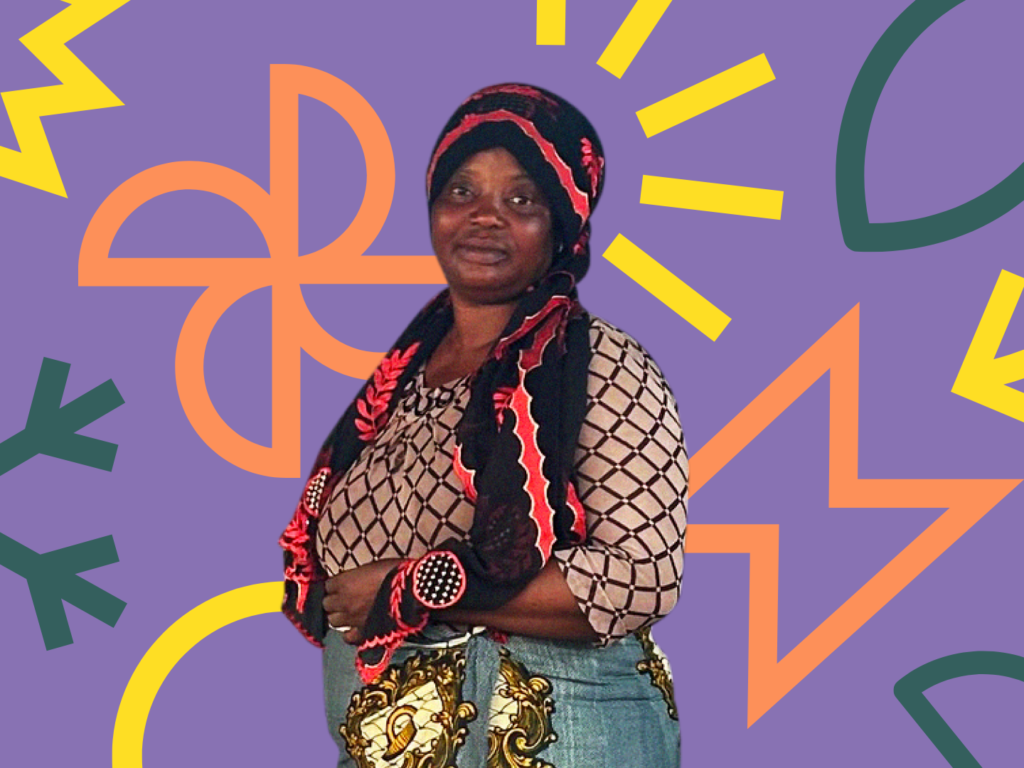

As the UN Environment Programme and others have noted, women often bear disproportionate responsibility for collecting food, water and fuel for their families and are therefore most affected by climate change, exacerbating existing gender inequalities and posing unique threats to their livelihoods, health and security.
“With the SHE project, we not only want to empower women as entrepreneurs, but also improve their lives,” said Sarah Maina Kanda, GEAPP’s Demand, Employment and Livelihoods Manager. “By creating sustainable, profitable renewable energy businesses, women can earn an income, support their families and contribute to their communities. We believe this will not only benefit women entrepreneurs, but also have a positive impact on the wider community and environment.”
“This flagship project is a beautiful intersection of women’s empowerment and climate justice,” added Yaika Genjufu, Country Director for CARE Sierra Leone and Liberia. “We are supporting women to grow their businesses in a climate-friendly way. This pilot project is already halfway through and is having a huge impact.”
“Our culture is very patriarchal, and the businesses that women start are small activities that generate income,” says Jen Jouffe, “so the money that comes in is often not big enough to be meaningful. And a big challenge they face is getting financing if they want to start a business. The collateral that banks require is something they don’t have access to.”
To change this pattern, CARE partnered with microfinance institutions to provide low-interest loans to women entrepreneurs and with Power Leone to provide solar-powered equipment such as freezers and cassava mills. Women entrepreneurs received training in financial literacy and business management, and they also had greater access to markets that helped them grow their businesses.
CARE also held “in-home conversations” with male family members to explain how women’s empowerment impacts the family and the community as a whole. “We don’t want men to feel left out or rebellious,” said Jenn Jouffe.
Tara Thomas Agency stands at the forefront of the entertainment industry, with years of experience dedicated to nurturing the most exceptional talents and successful acts.